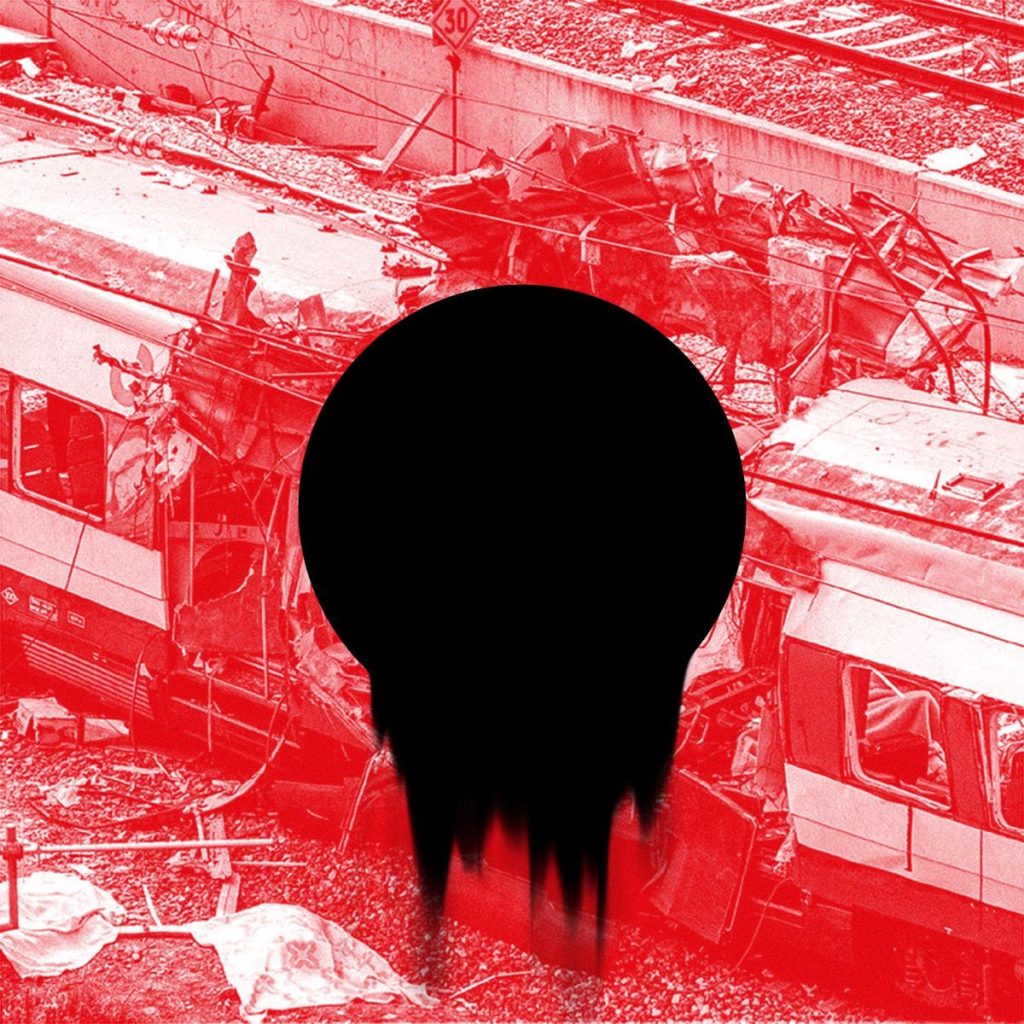The present time in Spain begins not with the end of the dictatorship, but with the start of polarization. The collective narrative has fragmented, shifting towards a dynamic of opposing poles. The idyllic founding moment has been shattered by perpetual conflict and blockage. The renewal of this narrative is still disputed over the attribution of the largest terrorist attack in Europe, marking two decades of circular path. This shift places Spain at the forefront of a global phenomenon of polarization, driven by a new communication technique aimed at dehumanizing the adversary and sowing doubt in electoral results. This strategy has spread globally, fueling conspiracy theories and increasing mistrust in democracy.
The growth of conspiracy theories has led to a deepening economic and legitimacy crisis, spreading policies of hate and increasing disaffection towards democracy. These theories thrive on uniformity, fear, and distrust, creating a skewed and divisive perception of reality that constantly seeks new scapegoats. Conspiracy theories have gained prominence in Spain, impacting movements like climate change and feminism. The revisionist version of history not only challenges the hidden memory of Francoism but also seeks to sever ties with recent history, casting doubt on achievements like the end of ETA terrorism.
The reinterpretation of the past is central to the new legitimacy, shaping an apocalyptic present. The battle for the meaning of the Transition is fought through an increasingly distorted historical lens. Efforts to centralize education and return to an old model of selection show a simultaneous movement of delegitimization and historical appropriation in Spain. The attack on the public education system and the manipulation of history are part of a broader assault on democratic values, feeding into political polarization and social division.
In the face of historical revisionism and deepening social challenges, it is essential to reflect on Spain’s diverse and often overlooked past. From migration patterns to the legacies of racism and xenophobia, Spain’s history is marked by varied origins and narratives. The proliferation of conspiracy theories and misinformation poses a threat to understanding the complexities of the past and present, fueling polarization. It is crucial to reach a consensus on studying history and the roots of society to counter the divisive narratives perpetuated through digital platforms and social media.
The rapid transformation of rural areas in Spain, driven by depopulation and urbanization, has eroded collective memory and heritage. The search for historical references online has surged, providing alternative narratives that often distort reality and fuel polarization. Reaching a shared understanding of the past is vital for addressing social divisions and constructing a cohesive national identity. Without a comprehensive and inclusive approach to history education, future generations risk inheriting a fractured and conflicted legacy of the 21st century, perpetuating division and animosity. The present challenges facing Spain highlight the importance of reflecting on the past to navigate a path towards reconciliation and understanding.


